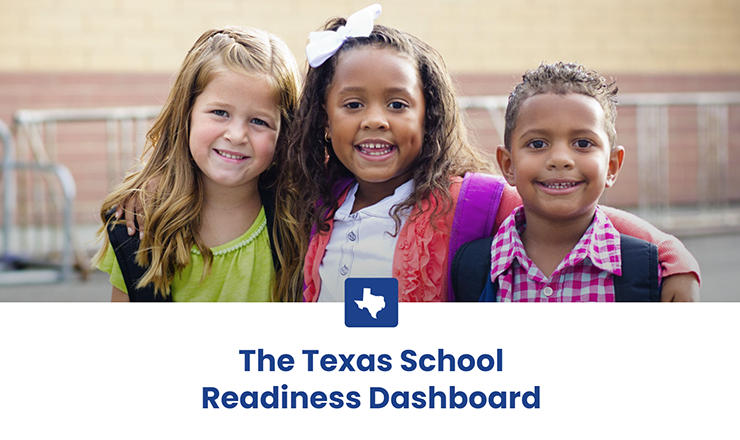Nearly all workers have needed or will need time away from work. When life and family responsibilities necessitate time off, paid family and medical leave (PFML) policies serve as an important tool to support both employees and businesses.
Strong evidence shows that PFML policies benefit employers in a variety of ways, but these policies also have associated costs to employers and often raise concerns from businesses. This brief outlines the impact of PFML policies on the labor force and businesses, as well as steps states are taking in policy design to address employer concerns.
© March 2024, Prenatal-to-3 Policy Impact Center, All Rights Reserved. The Prenatal-to-3 Policy Impact Center at Peabody College of Education and Human Development, Vanderbilt University translates research on the best public investments into state policy actions that produce results for young children and society.



